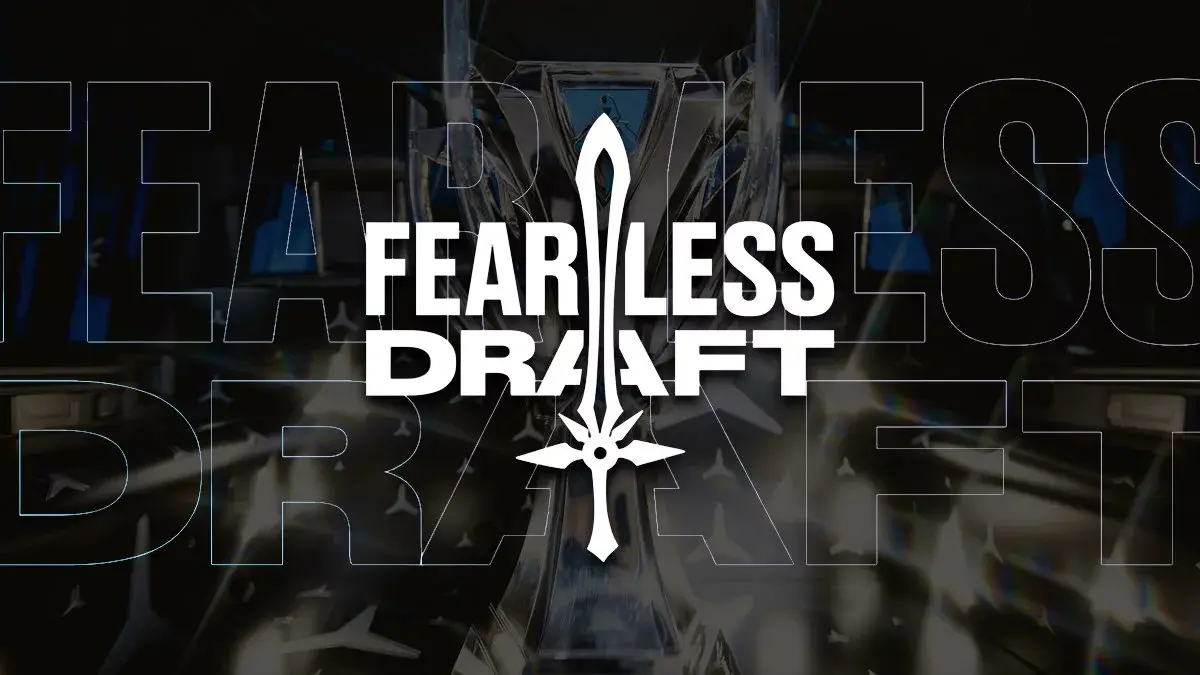Riot Games has confirmed that Fearless Draft will remain the standard format for professional League of Legends in 2026. The news comes from Sheep Esports reporting and marks the company’s commitment to the format after its first full competitive season.
Fearless Draft prevents teams from re-picking any champion that has already been played earlier in the same best-of series. If either team locked in Orianna in game one, neither side can pick her again for the rest of the series. Bans reset each game as usual.
The format forces teams to show wider champion pools as series progress. By game four or five, dozens of champions are already off the table. Teams must dig deeper into their preparation and players need comfort picks beyond their main rotation.
Before Fearless, professional matches often featured identical or near-identical compositions running back game after game. Fans watched the same bot lane matchups and the same mid lane staples repeated throughout entire series. The format became predictable and stale.
Riot introduced Fearless to shake up that pattern. With over 160 champions in the game, the format leverages League’s depth by forcing variety within a single series. Teams now map out multi-game strategies and prepare contingency plans for late-series scenarios.
The change has shifted how teams approach preparation and player development. Coaches must account for champion availability across an entire series rather than optimizing for individual games. Players practice wider pools knowing their comfort picks might be unavailable when it matters most.
Reception among fans and analysts has been largely positive. Many viewers prefer the increased variety to the old meta grind. Some concerns remain about game quality in later games when players land on less-practiced champions, though supporters argue teams will adapt as they gain more experience with the format.
The confirmation doesn’t include any rule changes or experimental variants for 2026. Some fans have floated ideas like “hardcore” Fearless where bans also persist across games or special game-five formats, but Riot hasn’t adopted those concepts.

